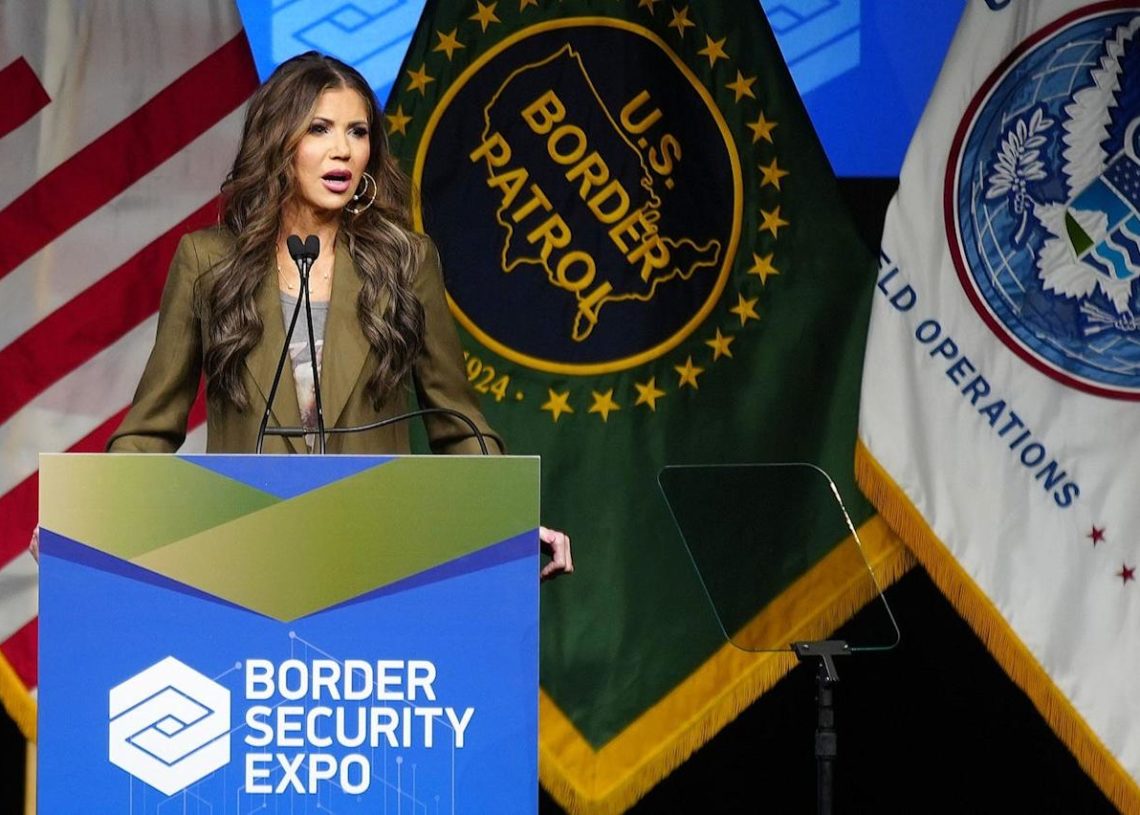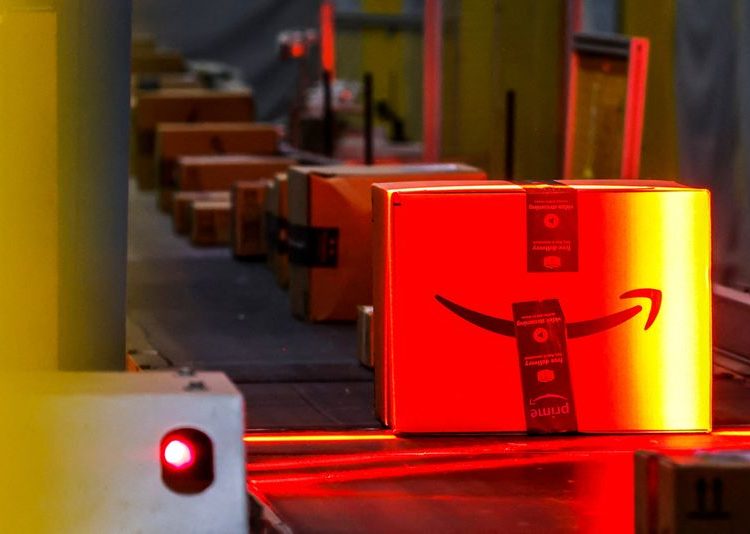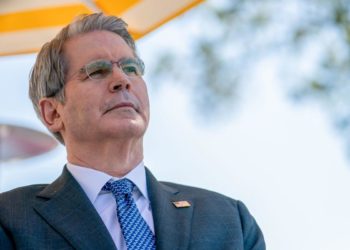WASHINGTON − The Supreme Court on May 30 said the Trump administration can revoke for now the temporary legal status of hundreds of thousands of Cubans, Haitians, Nicaraguans and Venezuelans living in the United States.
Two of the court’s three liberal justices – Ketanji Brown Jackson and Sonia Sotomayor – dissented.
Jackson wrote that the court “plainly botched” its assessment of whether the government or the 532,000 migrants would suffer the greater harm if their legal status ends while the administration’s mass termination of that status is being litigated.
Jackson said the majority undervalued “the devastating consequences of allowing the Government to precipitously upend the lives and livelihoods of nearly half a million noncitizens while their legal claims are pending.”
The brief opinion was unsigned and did not include an explanation, as is common for action on emergency requests.
A program that provides a two-year safe haven
The administration wants to cut short a program that provided a two-year haven for migrants because of economic, security, political and health crises in their home countries.
Lawyers for the migrants said half a million people lawfully in the country will become subject to deportation, in what it called the “largest mass illegalization event in modern American history.”
Labor unions and communities that have welcomed the migrants said they’ve filled gaps in key industries, including healthcare, construction and manufacturing.
Nearly 20% of the workers at one automotive parts manufacturer are in the temporary program, according to labor unions.
The Trump administration said it’s determined the migrants’ presence in the United States is “against the national interests” and the courts don’t get to decide otherwise.
The move is part of the President Donald Trump’s crackdown on immigration and push to ramp up deportations, including of noncitizens previously granted a legal right to live and work in the United States.
The Biden administration hoped the program would deter migrants from those countries from trying to enter the country illegally.
But the Trump administration cancelled people’s work permits and deportation protections, arguing the program failed as a deterrent and makes it harder to enforce immigration laws for those already in the country.
Immigrant rights groups challenged the change on behalf of the immigrants and their sponsors.
A federal judge in Massachusetts said the abrupt curtailing of the program was based on a legal error, as the administration wrongly concluded that letting the temporary status naturally expire would foreclose the Homeland Security Department’s ability to legally expedite their deportations.
District Judge Indira Talwani, an appointee of Democratic President Barack Obama, also said early cancellation of protections requires a case-by-case review for each participant.
A three-judge panel of the Boston-based 1st U.S. Circuit Court of Appeals backed Talwani’s decision to temporarily block mass cancellation. All three judges were appointed by Democratic presidents.
The Justice Department argued the lower courts are “undoing democratically approved policies that featured heavily in the November election.”
Lawyers for a group of cities and counties said the abrupt cancellation of the program “would case severe economic and societal harms.”
This article originally appeared on USA TODAY: Supreme Court lets Trump revoke migrants’ temporary status
The post Supreme Court lets Trump revoke safe-haven program for Cubans, Haitians, Venezuelans and Nicaraguans appeared first on USA TODAY.




